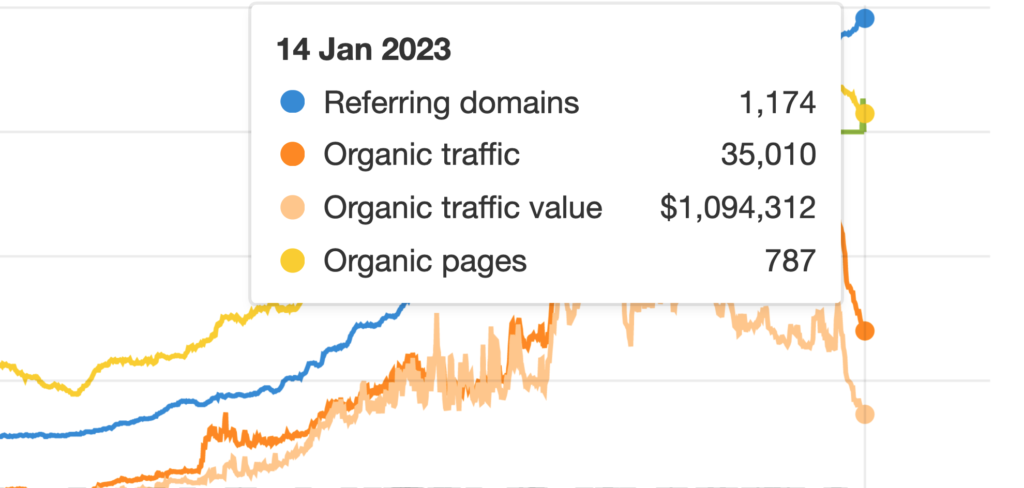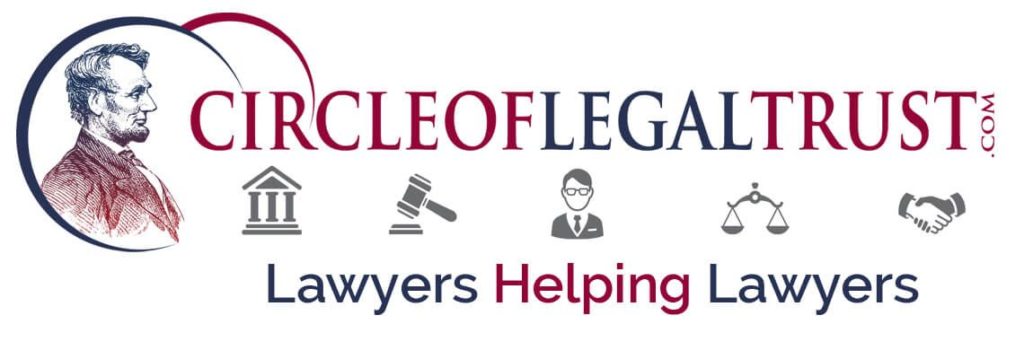Zuckerberg and Meta Slapped with Historic Fine for Breach of Privacy
In October 2022, a Washington state judge fined Meta, Facebook’s parent company, with the largest campaign finance penalty in the history of the United States. Let’s explore the details of the news with the Circle of Legal Trust.
Zuckerberg and Meta Slapped with Historic Fine of $24.7 Million
In 2018, Facebook got slapped with its first lawsuit by Attorney General Bob Ferguson pertaining to campaign finance and political advertising. The court fined the social media giant $238,000 at the time. Following the decision, the company stated that it would stop selling ads in the state rather than comply with state requirements.
However, Facebook did not stop selling political ads in the state and continued selling political ads in Washington until Ferguson sued the company again in 2020.
On October 26, 2022, Douglas North, the King County Superior Court judge, fined Meta the maximum fine allowed by law.
Under Washington’s transparency law, companies running political ads must disclose the names and addresses of those buying such ads and other details, including the number of views, the target audience for the political ad, how the financial transaction took place, and more.
The information must be public, meaning that ad sellers under the transparency law must furnish such information to anyone who requests it. For years, television stations and other forms of media followed these laws, but Meta has unsuccessfully objected to such requirements in court, arguing that such laws are unconstitutional and burden political speech.
Although Facebook does maintain an archive of the political ads they run on its social media platform, it does not disclose most of the information required by Washington’s transparency law.
In a news release, Attorney General Bob Ferguson stated that Facebook’s conduct is arrogant as it intentionally violated the state’s election transparency laws. Ferguson said Meta broke the law, and the social media giant maintained its position in court that such laws must be declared unconstitutional.
Douglas North wrote in September 2022 about how Meta was aware of the laws and continued to violate them intentionally. For each violation, the court can fine up to $10,000, but if it is an intentional violation, the court can triple the penalty amount.
In its decision in October 2022, the King County Superior Court judge found 822 violations and fined Meta $30,000 per violation, bringing the fine up to $24.7 million.
South Korea’s Personal Information Watchdog Fines Facebook $22 Million for Violating User Privacy
In September 2022, South Korea’s Personal Information and Protection Commission found that Facebook collected private data without the user’s consent and was illegally tracking users’ online behavior, and fined the company $22 million, the largest penalty in South Korea for privacy violations.
At the same time, the privacy protection watchdog also fined Google $50 million for illegal data collection, stating that Google users in Korea gave their consent unknowingly.
The Personal Information Protection Commission revealed that Meta illegally collected 98% of its South Korean Facebook users’ user behavior data. Korean users did not consent or know about such data collection by the social media giant.
Irish Data Protection Commission Investigation Meta Violations
Large penalties are awarded to deter the company and others from engaging in illegal practices and force the company CEO to reconsider their actions. However, Mark Zuckerberg, Facebook’s CEO, seems less likely to follow, considering his long history of privacy infringement.
In September 2022, another company owned by Mark Zuckerberg, Instagram, received a fine of over $400 million for violation of the European Union’s data protection law.
At the same time, the Irish Data Protection Commission, the supervisory authority for the General Data Protection Regulation, is also investigating similar user privacy violations carried out by Meta.
Chairman Joe Simons Slapped Facebook with a $5 Billion Fine for Consumer Privacy Violations
In July 2019, the Federal Trade Commission fined Facebook $5 billion, the largest ever data security penalty imposed on a company for violating consumer privacy.
The chairman of the Federal Trade Commission, Joe Simons, found that Facebook undermined consumers’ choices despite its promises to users worldwide that consumers have total control over how they want the company to use their data.
The $5 billion fine by the FTC was to punish future violations and require the company to rethink its privacy culture.
From the pattern of fines and punishments levied upon Facebook and its CEO, Mark Zuckerberg, it seems profitable for Meta and its other companies to violate consumer privacy while paying nominal fines.
Privacy Breach with Metaverse Likely a Huge Concern
Facebook continues to pour billions of dollars into building a Metaverse by developing VR and AR technologies. Many Meta users believe that the company’s VR push is for gaming, but little do they realize that it’s all about data.
Technologies like VR and AR are data extractors, and by introducing sensors into our homes, we are essentially allowing Facebook a free pass into our private lives. Meta is already collecting tons of user data from existing VR technology, such as the Oculus Quest.
Zuckerberg addressed this issue by stating that they are working with other outside experts to ensure that the Metaverse products have safety and privacy at their core. Although privacy experts may provide their recommendation, it is Zuckerberg who has the final say in the development, which should be concerning for many, given his history with penalties and privacy breaches.
For example, Facebook was working with Access Now, a civil rights group, when developing smart sunglasses in collaboration with Ray-Ban. The group’s recommendation included prioritizing alerts that would let citizens know that the glasses are recording them. However, Facebook rejected those concerns.
If Zuckerberg successfully creates the Metaverse, he will have the final say on things, and history tells us that data privacy is not on his priority list.
Singapore Fake News Bill Takes Some Power Away from Facebook
Over the years, raising concerns over Facebook having too much power, especially after mergers with Instagram and WhatsApp, swept across government institutions worldwide.
Singapore, a country run by the same political party since independence, decided to take action by passing a fake news bill that many Facebook rights activists believe gives the government power to control the right to free speech.
For years, Facebook received criticisms over targeting their political ad campaigns to sway citizens towards a narrative they want to push forward regardless of whether they’re putting forward fake news. Such false and deceptive tactics have caused severe problems in countries, from riots to even controlling the fate of the elections.
Singapore passed the Online Falsehoods and Manipulation Act in 2019, which requires Facebook to remove false comments or false reports against the public interest. If Facebook publishes three falsehoods in six months, the government can cut off Facebook’s “ability to profit.”
Many critics voiced their opinions about the country curbing freedom of speech and argued that the act was a disaster for human rights. However, Singapore’s law minister stated that the legislation does not hinder free speech as it only targets false statements of facts, not people’s opinions or someone’s conversation recently posted on the website.
Similar to how Singapore introduced legislation, the United States must stand up against the company’s privacy breaches. It seems that the hefty fines imposed by courts and regulatory bodies have no effect on Meta and its CEO. Another concern the US needs to consider is whether it is truly “free speech” when individuals and companies are paying for it.


